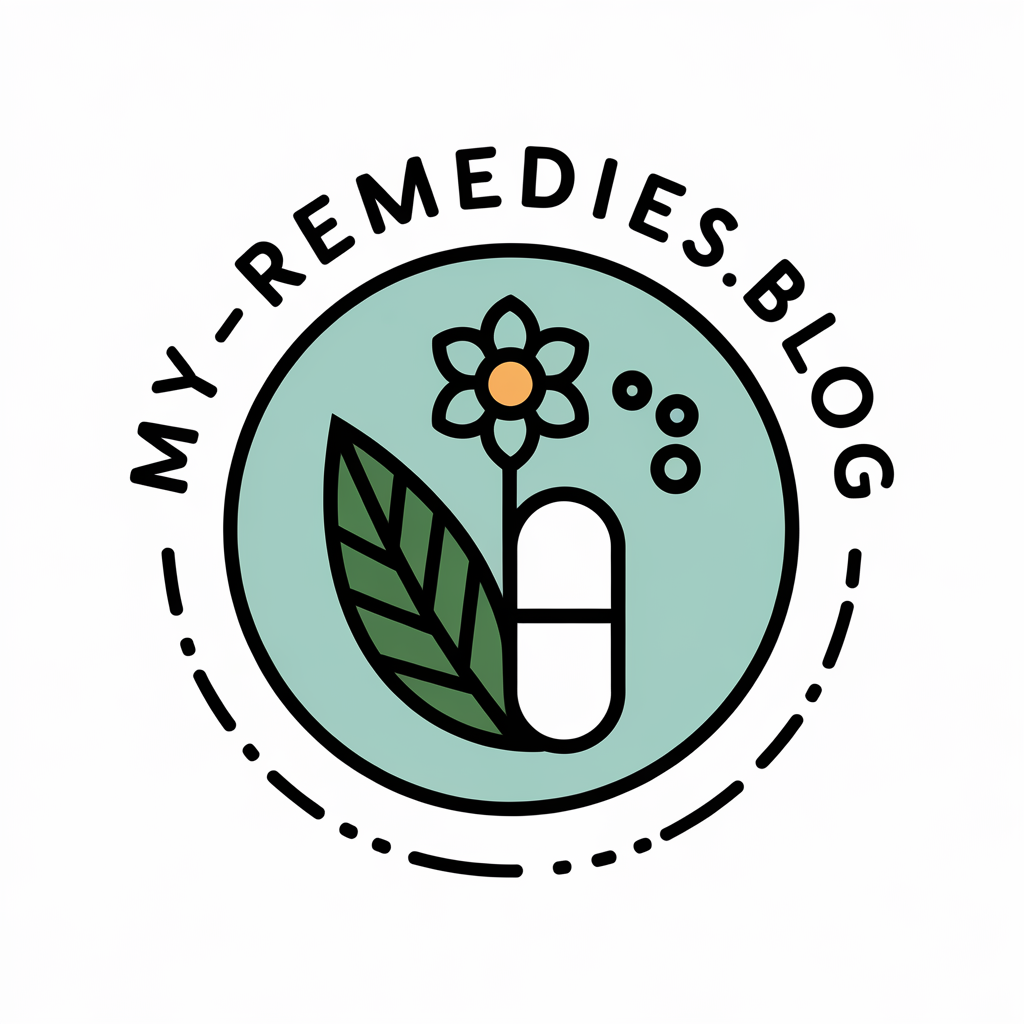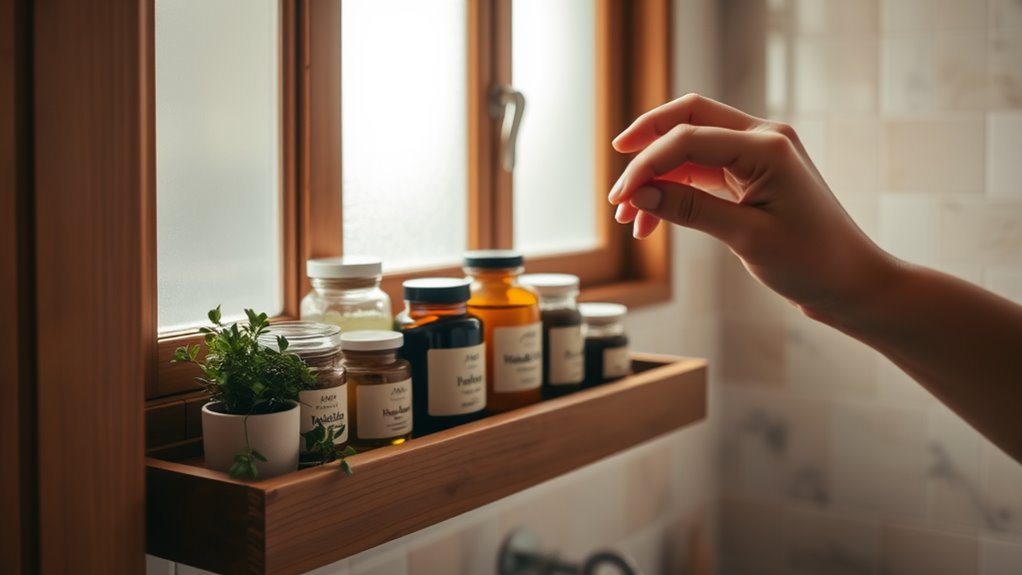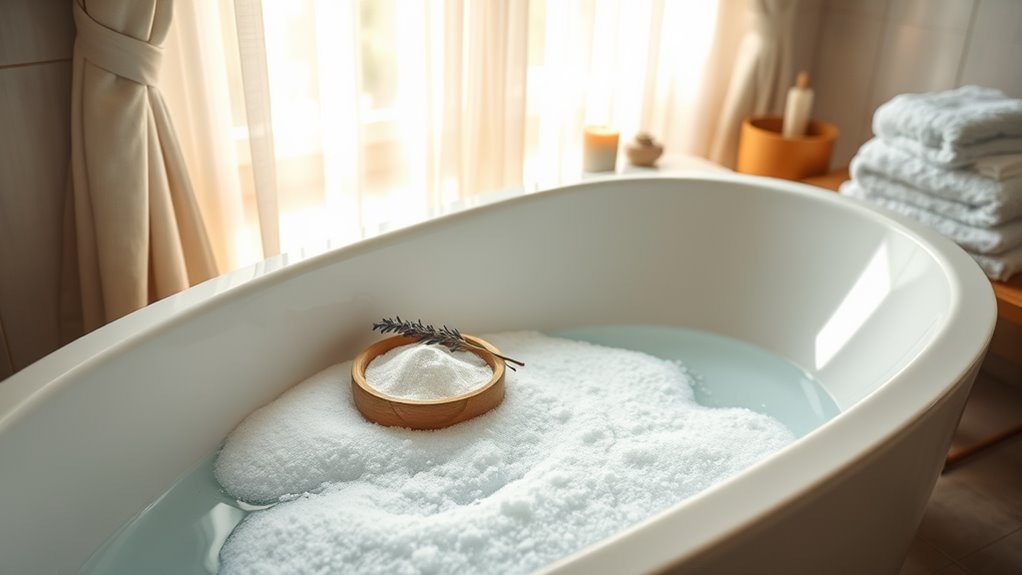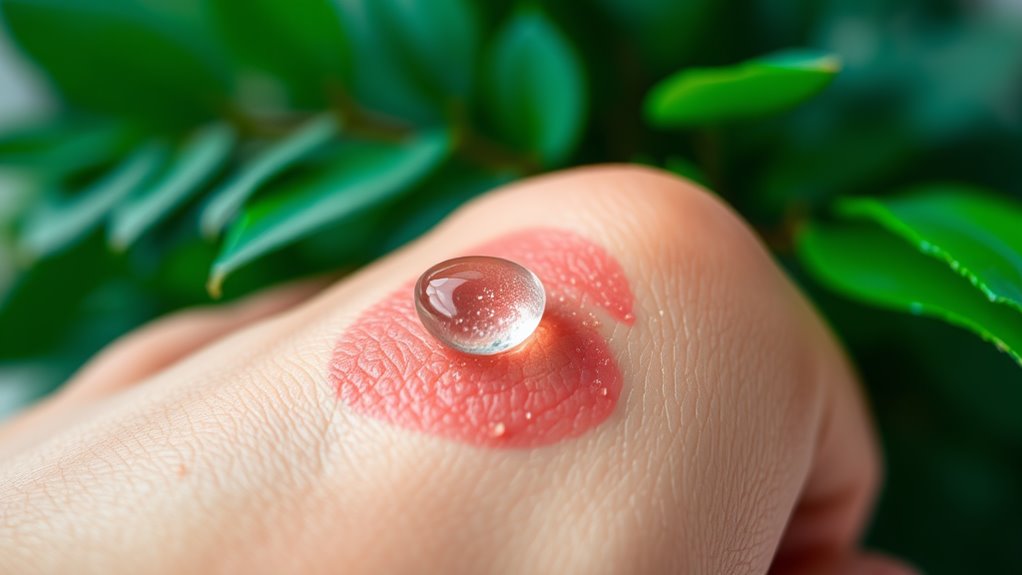The Yeast Infection Remedy People Are Raving About
Many people, like Sarah, have found relief from yeast infections using coconut oil, a remedy gaining popularity for its natural antifungal properties. It effectively targets Candida overgrowth, easing discomfort and irritation. But how does it work, and what makes it a preferred choice over conventional treatments? Let’s explore the details and uncover why so many are turning to this simple solution.
Key Takeaways
- Coconut oil is widely praised for its antifungal properties, effectively combating yeast overgrowth in many individuals.
- Probiotics help restore natural flora in the body, promoting gut health and preventing future yeast infections.
- Garlic is celebrated for its antifungal effects and immune-boosting capabilities, making it a popular natural remedy.
- Apple cider vinegar is known to rebalance pH levels, aiding in the prevention and treatment of yeast infections.
- Tea tree oil is favored for its antimicrobial properties, providing soothing relief from irritation and inflammation associated with yeast infections.
Understanding Yeast Infections
Yeast infections, often caused by an overgrowth of the fungus Candida, can disrupt your comfort and well-being. They typically manifest as itching, burning, and unusual discharge.
Factors like antibiotics, hormonal changes, and a weakened immune system can contribute to this imbalance. Understanding the triggers is crucial for prevention.
Many people seek natural yeast infection relief options, such as probiotics, garlic, or coconut oil, which may help restore healthy flora. These remedies are gaining popularity due to their potential effectiveness and fewer side effects compared to conventional treatments. Additionally, using fast-acting antifungal treatments can provide swift relief from symptoms.
Always consult with a healthcare professional before trying new remedies for best results.
The Natural Remedy That Works
What if a simple natural remedy could provide relief from the discomfort of yeast infections?
Many people are turning to natural options that help restore balance and alleviate symptoms.
Natural remedies are gaining popularity as effective solutions for restoring balance and easing discomfort.
Here are some remedies you might consider:
-
Probiotics: Support gut health and restore natural flora.
-
Coconut oil: Has antifungal properties that may combat yeast.
-
Garlic: Known for its potential antifungal effects.
-
Apple cider vinegar: May help rebalance pH levels.
-
Tea tree oil: Often used for its antimicrobial properties, as it is derived from the leaves of the Melaleuca alternifolia tree(#).
These natural remedies can be effective alternatives, giving you a chance to find relief without resorting to pharmaceuticals.
Key Ingredients and Their Benefits
When seeking relief from yeast infections, understanding the key ingredients in natural remedies can make a significant difference.
Ingredients like coconut oil are praised for their antifungal properties, helping to combat the overgrowth of yeast.
Garlic, known for its potent antifungal effects and immune-boosting abilities, can also provide relief.
Probiotics play a crucial role in restoring the natural balance of bacteria in your body, promoting healthy flora.
Tea tree oil, with its antiseptic qualities, can soothe irritation and inflammation.
How to Apply the Remedy
How can you effectively apply natural remedies for yeast infections?
Start by preparing the remedy with clean hands.
Begin by ensuring your hands are clean before preparing any natural remedy for effective application.
Follow these simple steps to ensure maximum effectiveness:
-
Choose your remedy: Select a natural ingredient, like coconut oil or garlic.
-
Prep the area: Gently cleanse the affected area with mild soap and water.
-
Apply the remedy: Use a cotton ball or your fingers to apply the remedy directly.
-
Frequency: Repeat the application once or twice daily as needed.
-
Observe: Keep an eye on any changes in symptoms and adjust your approach accordingly. Coconut oil’s natural anti-inflammatory effects can help reduce irritation during treatment.
User Testimonials and Success Stories
Real-life experiences can provide valuable insights into the effectiveness of natural remedies for yeast infections. Many users have reported significant relief after trying this remedy, often within just a few days.
For instance, one woman shared how she felt empowered after overcoming her recurring infections, attributing her success to the remedy’s natural ingredients. Others noted improved comfort and reduced itchiness, allowing them to resume daily activities without fear. These testimonials highlight not only the remedy’s effectiveness but also the emotional relief it brings. When you hear these success stories, you might feel inspired to give this natural approach a try. Additionally, many users found that the consistency in application was key to achieving lasting results.
Tips for Preventing Future Infections
Here are some simple tips to help you stay infection-free:
-
Wear breathable cotton underwear to reduce moisture.
-
Limit sugar intake, as it can fuel yeast growth.
-
Practice good hygiene by keeping the genital area clean and dry.
-
Avoid douching and using scented products that can disrupt your natural balance.
-
Maintain a healthy diet rich in probiotics to support your gut flora. Additionally, a healthy gut is crucial for preventing infections as it fosters a balanced microbiome that can help keep yeast levels in check.
When to Seek Professional Help
Wondering when it’s time to consult a healthcare professional about your yeast infection? If your symptoms persist for more than a few days despite home remedies, it’s a clear sign to seek help.
Additionally, if you experience severe itching, swelling, or unusual discharge, don’t hesitate to reach out.
If you’re pregnant, have diabetes, or have a weakened immune system, professional advice is crucial.
Avoid self-diagnosing—many conditions mimic yeast infections.
A healthcare provider can offer accurate diagnosis and effective treatment options tailored to your needs.
Don’t ignore the signs; your health deserves attention.





